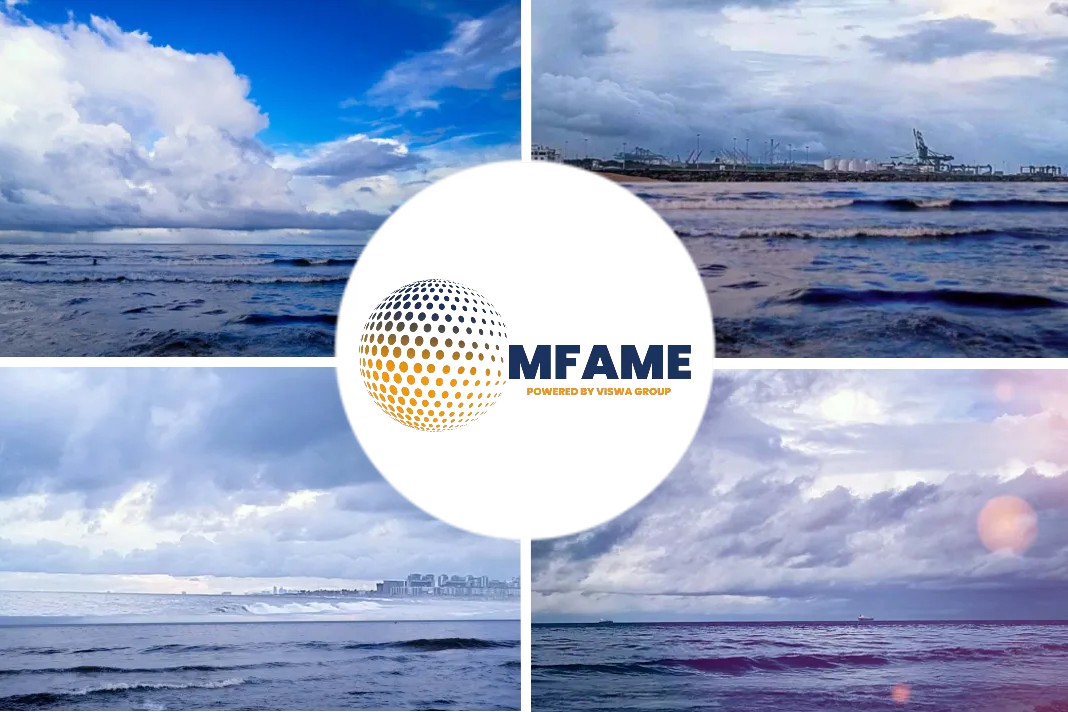- Scientists from the University of Haifa, Israel, have been studying the wreck of the Ma’agan Mikhael B ship.
- Bodies of dead rats aboard the ship have given researchers clues as to where the ship came from.
- Preliminary findings show that they could have originated from Tunisia or Corsica in the central Mediterranean.
According to experts from the University of Haifa, rat bones discovered on the old wreck of a cargo ship that sank off the coast of Israel are offering vital new historical insights as reported by Business Insider.
Rat skeleton
Skeletons of dead rats on the ship labelled the Ma’gan Mikhael B, dated to between 648 and 740 C.E., have helped the team learn more about the life of the vessel that once sailed the Mediterranean.
She explained some of the remains are of black rats, a species that travelled with traders to the Middle East from South Asia and India more than 2,000 years ago.
However, using dental morphology, they discovered that other rats were “exotic to the area.”
Preliminary findings show that they could have originated from Tunisia or Corsica in the central Mediterranean.
“If it’s confirmed that some of these rats were actually from as far away as the central Mediterranean islands –what this really means is that there was a lot more communication, shipping, exchange, and trade happening during this period that is primarily depicted as just army and naval battles,” she said.
Clues to the ship’s diverse crew
An impressive array of preserved artefacts discovered on the sunken ship has helped fill in the picture of life aboard the ancient trading vessel.
A 2020 preliminary report from the University of Haifa team found “the largest maritime cargo assemblage of Byzantine and Early Islamic ceramics discovered along the Israeli coast to date.”
It revealed the 82-foot-long vessel had a cargo of walnuts from Turkey and sauce made from fish from the Sea of Galilee.
No human remains have been found aboard the wreck, indicating the crew made it ashore when the ship ran aground a short distance from the coast.
The study is being led by an international team of researchers, including Harding, Dr Ardern Hulme-Beaman from the University of Liverpool, Dr Nimrod Marom from the University of Haifa, and Professor Deborah Cvikel from the University of Haifa is the Principal investigators of the study.
Did you subscribe to our newsletter?
It’s free! Click here to subscribe!
Source: Business Insider

















